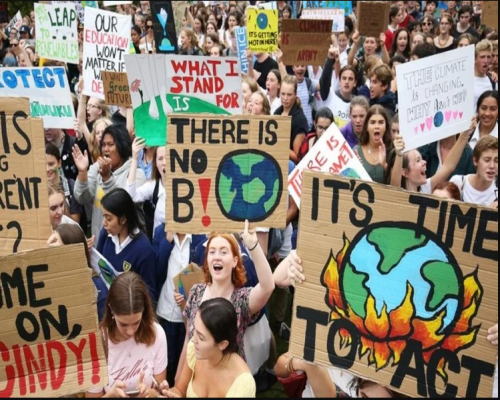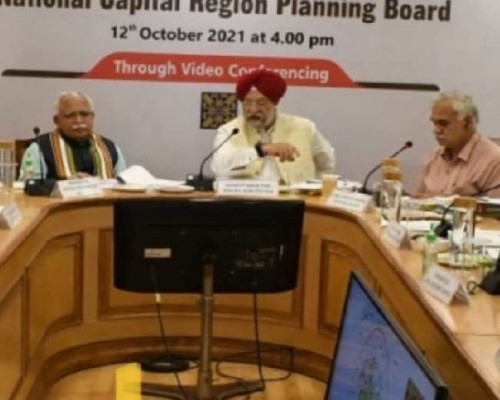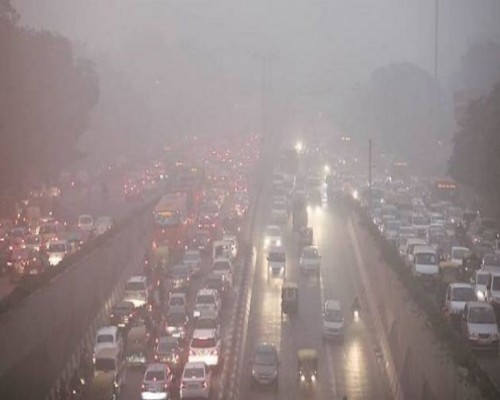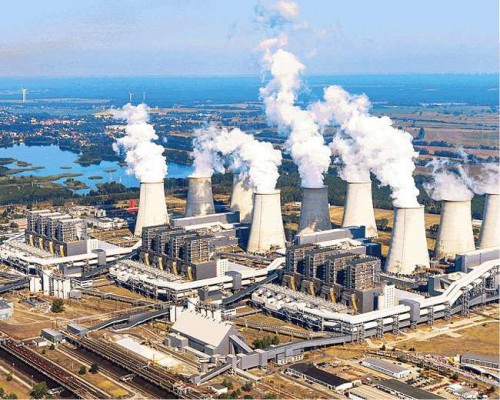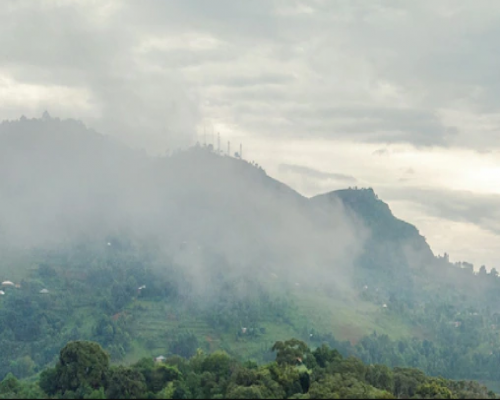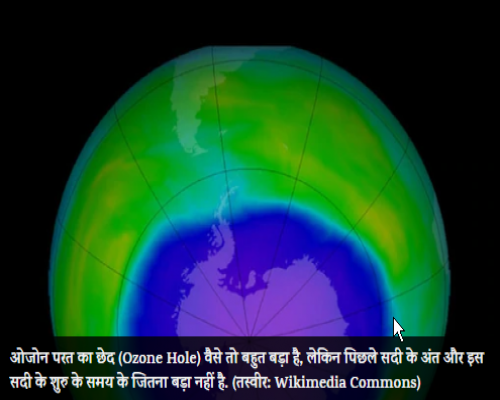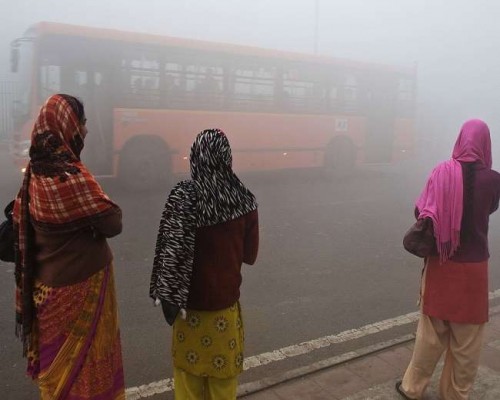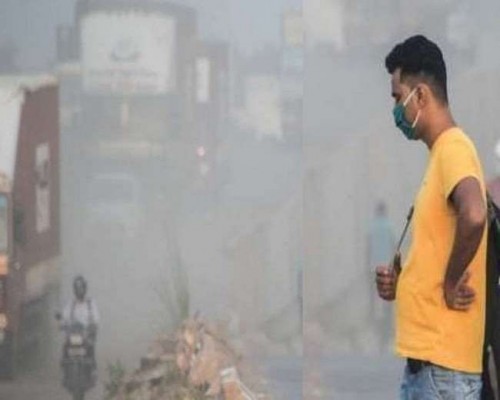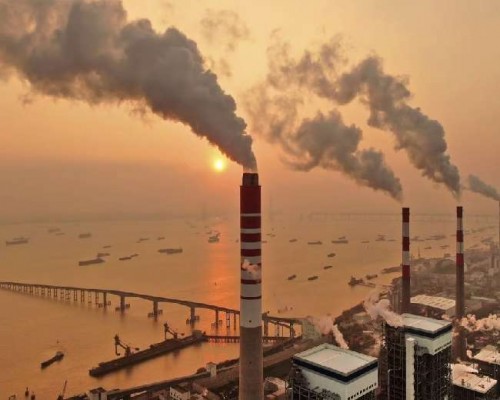Brazil's Climate Goals Surprise the World: Ambitious Targets for 2035

During COP29, Brazil unveiled a comprehensive 44-page document outlining its ambitious climate action plan, aiming for a 59-67% reduction in carbon emissions by 2035. This bold initiative has drawn global attention, but experts and reports suggest that the overall trajectory of global warming remains unchanged, highlighting persistent challenges in addressing climate change.
A Grim Reality: No Improvement in Global Warming
The latest UN climate report released during the conference indicates that there has been no significant improvement in global warming trends over the past three years. The report notes that global temperatures have already risen by approximately 2.7 degrees Celsius compared to pre-industrial levels, signalling that the planet is far from achieving its goals to curb climate change.
Call for Action in Developing Nations
Developing nations are facing acute challenges in addressing the climate crisis. The report estimates a requirement of $1 trillion annually for these nations to implement effective climate action strategies. The lack of sufficient financial resources continues to be a significant barrier, further aggravated by complex political dynamics.
Net-Zero Transparency Lacking
The report also criticizes the transparency of net-zero pledges by various countries, asserting that many of these commitments lack clear roadmaps and measurable benchmarks. While nations have set targets, the absence of specific plans to achieve these goals raises concerns about their feasibility and effectiveness.
Brazil’s Prominent Role at COP29
Brazil's ambitious plan includes substantial investments in renewable energy and efforts to reduce dependency on fossil fuels. It emphasizes transitioning to clean energy sources, reducing deforestation, and addressing the socio-economic impacts of climate change. However, the plan also faces scepticism from experts, who question whether these targets can be achieved without robust global cooperation and financial support.
Global Leaders Urged to Take Decisive Steps
During the discussions, countries like Argentina and Indonesia echoed the urgent need for collaborative global efforts. Leaders emphasized the necessity of financial aid, technology transfer, and policy alignment to ensure meaningful progress in combating climate change.
Conclusion
As COP29 unfolds, Brazil's ambitious climate goals have set a new benchmark for action against global warming. However, the path forward remains fraught with challenges, demanding stronger global solidarity, transparency, and accountability to ensure a sustainable future for the planet.





